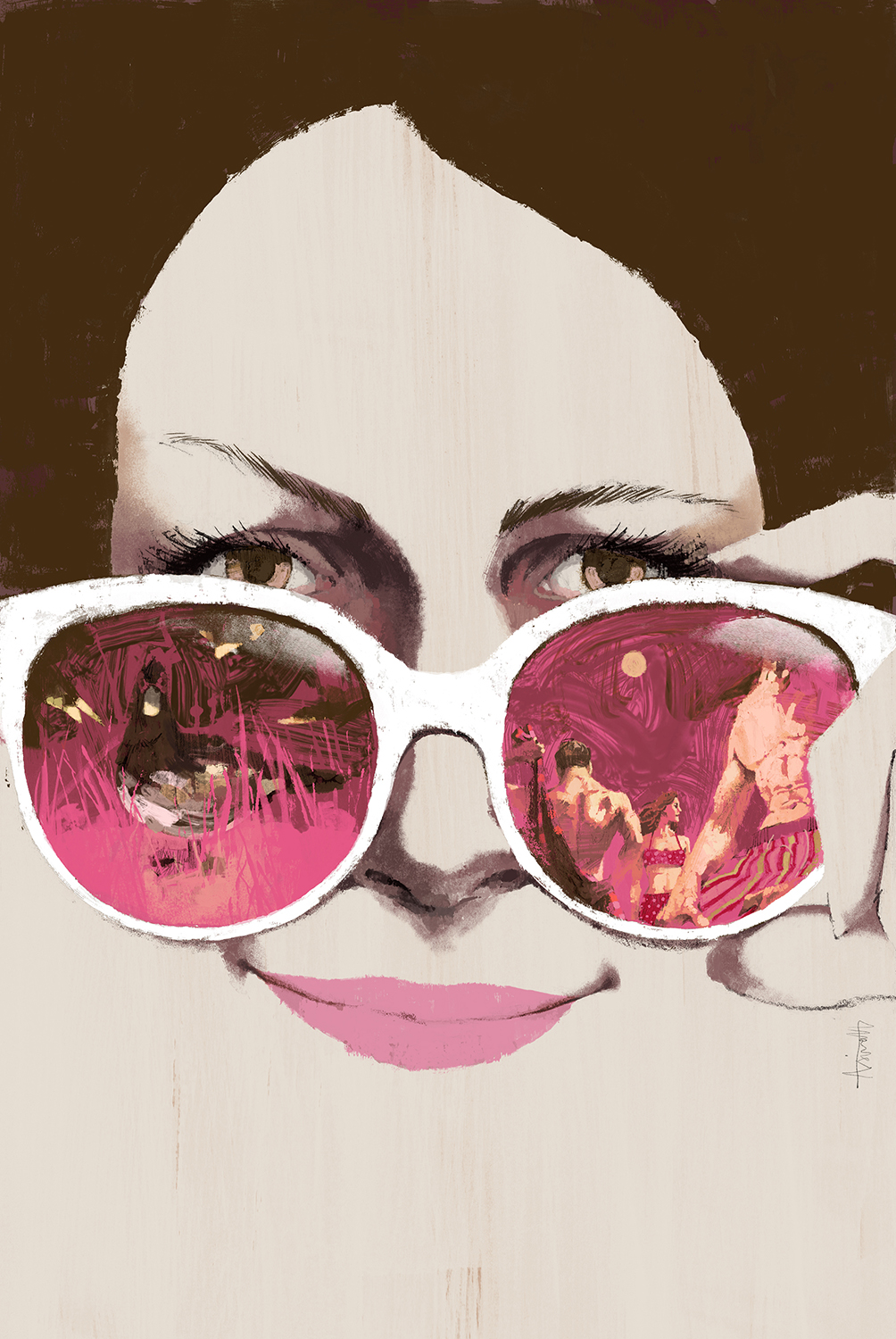Image


You should really subscribe now!
Or login if you already have a subscription.
Marc Aspinall’s clients include the New Yorker, Wired, the New York Times, Financial Times, and Country Life. His “It’s Cold Outside” illustration accompanying the New Yorker review of Inside Llewyn Davis was selected for the AI-AP Best of American Illustration Collection.